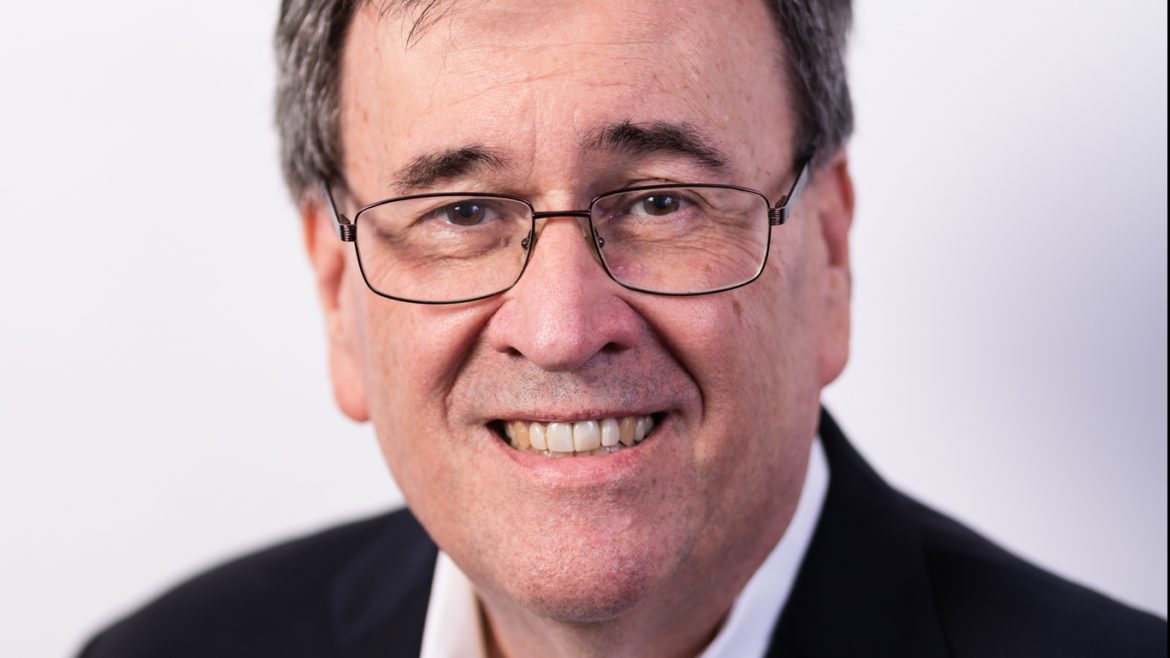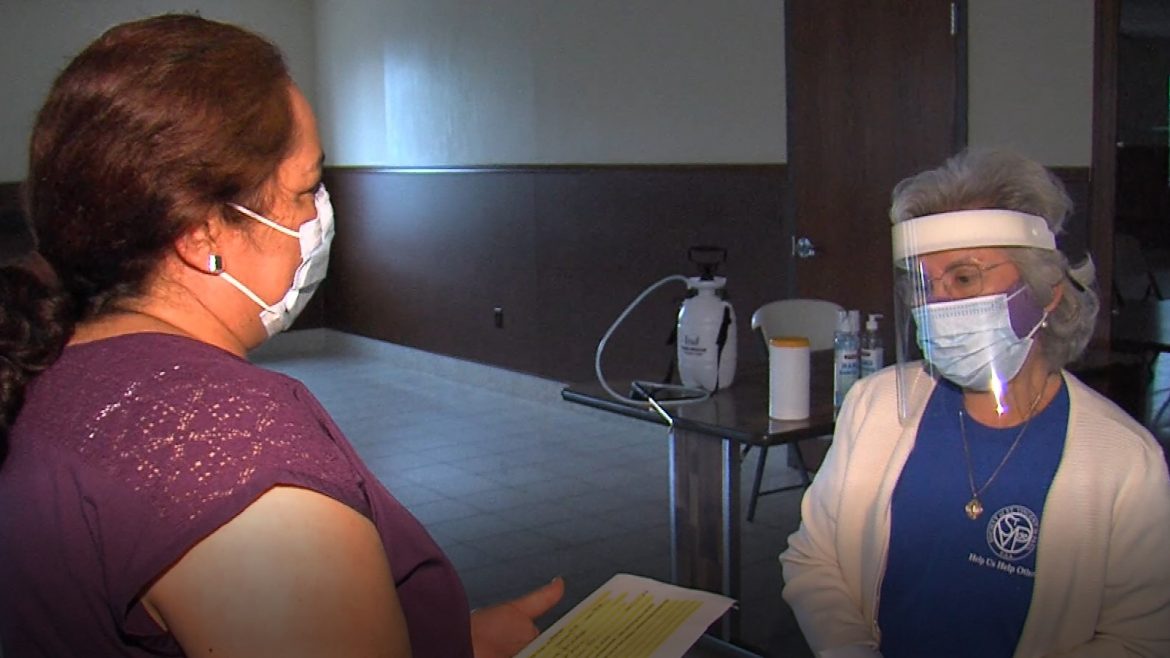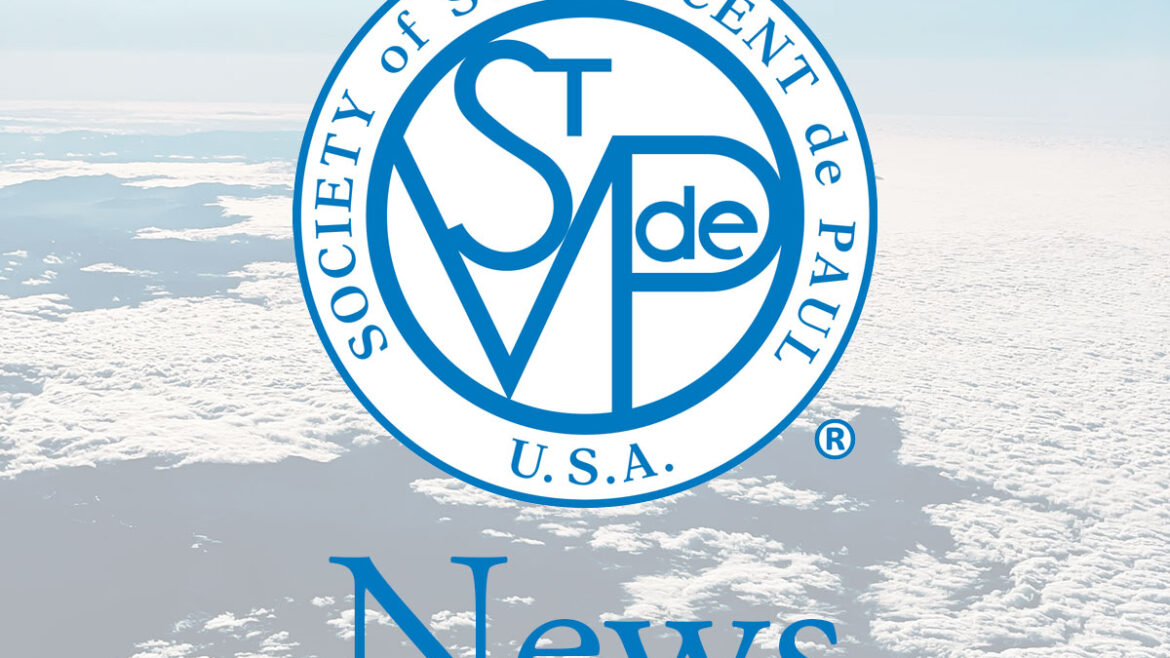Although we do not mean it to, giving material assistance to people puts them at a disadvantage; they “owe” us something they likely will never repay. The fear of indebtedness often makes asking for help more difficult. Even when we are in very dire straits, we don’t want to impose, we don’t want to be burdens, and we don’t want to be indebted.
Yet on nearly every home visit, we meet a neighbor with a light bill, rent, or other need, and not enough money to pay for it. The math is simple; what else can we do?
“Help honors,” Blessed Frédéric taught, “when it may become mutual.” [O’Meara, 229] He went on to explain that this means offering not only material help, but a kind word, a handshake, some encouragement – all those things that we may one day need, as well.
As our Rule puts it, “Vincentians should never forget that giving love, talents and time is more important than giving money.” [Rule, Part I, 3.14] Or, as Blessed Rosalie Rendu put it, “They will appreciate your kindness and your love more than all else you can bring them.” [Apostle in a Top Hat, 57]
How many times can we hear “you are the only ones who called me back” before we realize that this personal connection is the whole point?
In other words, a home visit is not a math problem. It is the beginning of a “relationship based on trust and friendship.” [Rule, Part I, 1.9] This is why we don’t visit “clients.” There is nothing mutual in a relationship with a client; it does not “honor.”
It is good to use the right words, but using the words is not enough. After all, in the Parable of the Good Samaritan, Christ did not ask us simply to call each other neighbors, but to be neighbors, and to love our neighbors as ourselves.
To have a neighbor, you have to be a neighbor. To have a friend, you have to be a friend. To have a brother or sister, you have to be a brother or sister. Our brothers, sisters, neighbors, and friends don’t owe us a dime. They repay us fully with their handshakes, their prayers, and their friendship.
And for those things, we are all neighbors in need.
Contemplate
How can I become a better friend?
Recommended Reading
Mystic of Charity – especially 6. Home Visits in the Vincentian Tradition




